As the seasons change, unwelcome visitors like colds and flu arrive. These illnesses bring with them a host of unpleasant symptoms like congestion, sore throat, cough, and fatigue. While conventional medicine can provide temporary relief, many people are turning to herbal remedies to ease symptoms. Although these natural alternatives may take longer to show the results, they can help boost the immune systems and soothe your symptoms.
This article explores some of the most popular herbal remedies for cold and flu relief. Used for centuries across various cultures, these natural treatments can provide a gentle yet effective approach to managing cold and flu discomfort. However, while herbal remedies can be helpful, they are not a substitute for medical advice.
Herbal Remedies for Cold and Flu
1. Echinacea for Colds and Flu
Echinacea is valued for its immune-boosting properties. Studies suggest that echinacea can stimulate the immune system, helping the body fight infections more effectively. Many people take echinacea at the first sign of a cold to reduce its duration and severity. This herb is available in various forms, including capsules, teas, and tinctures.
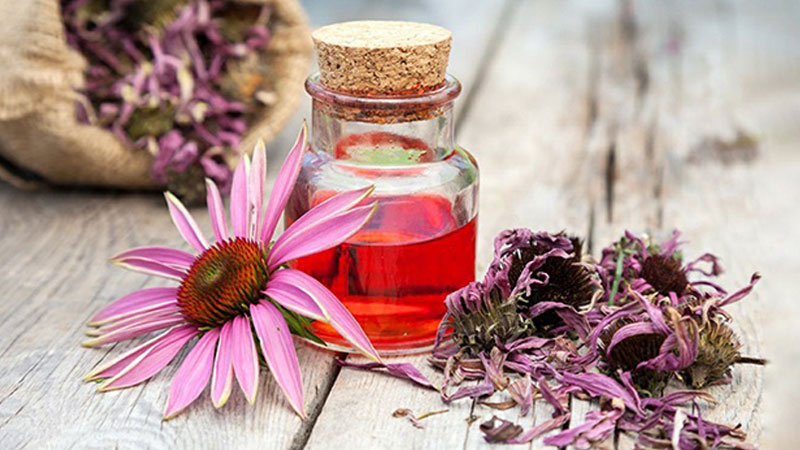
2. Elderberry: A Natural Flu Fighter
Packed with antioxidants and vitamins, elderberry is a potent antiviral remedy. Research indicates elderberry extract, like syrup, can reduce the severity and duration of flu symptoms by boosting the body’s immune response. This herb is also available as gummies, and capsules.
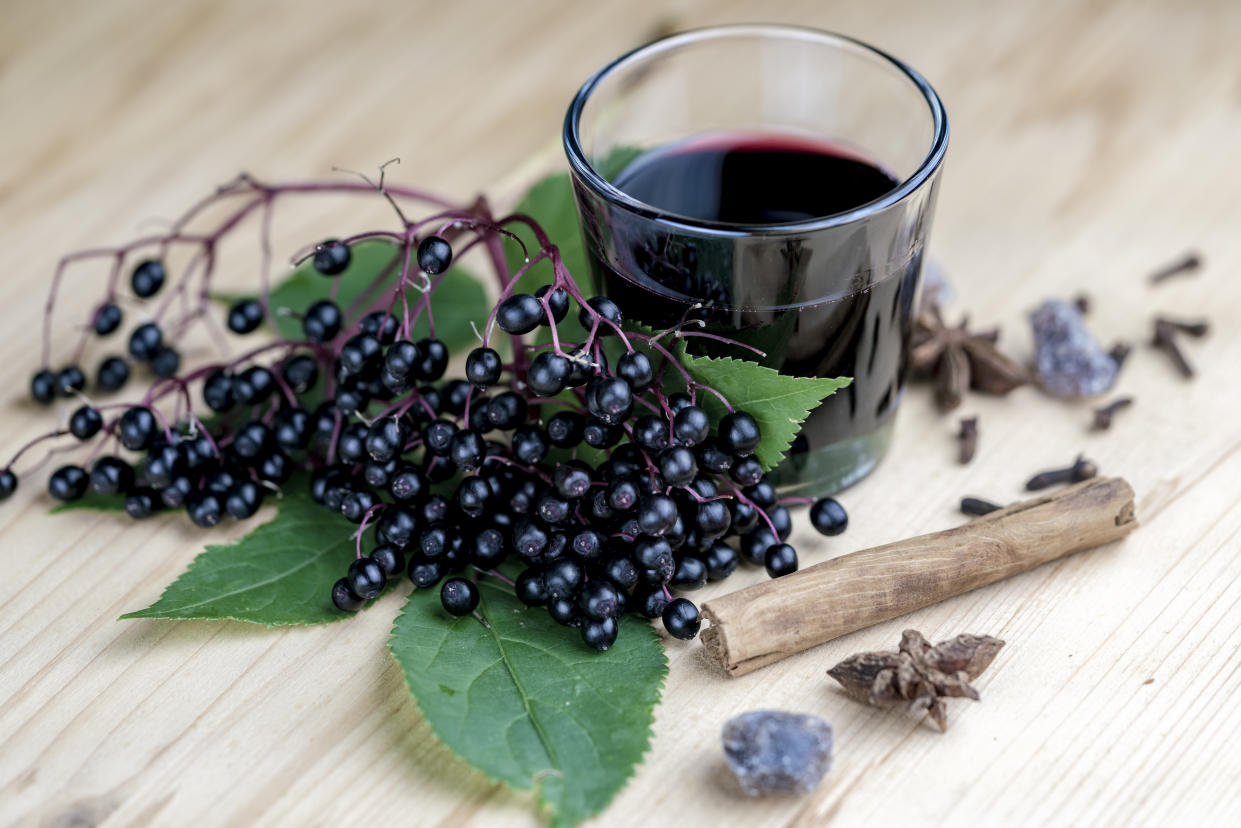
3. Ginger for Respiratory Relief
From a kitchen staple to an effective herb for respiratory relief, ginger is highly prized for its powerful anti-inflammatory and antiviral properties. It can help soothe sore throats, relieve nausea, and ease congestion. A warm cup of ginger tea with honey and lemon can provide immediate relief from cold and flu symptoms while keeping you hydrated. You can also enjoy it in soups, or simply chew on a fresh piece of ginger root.
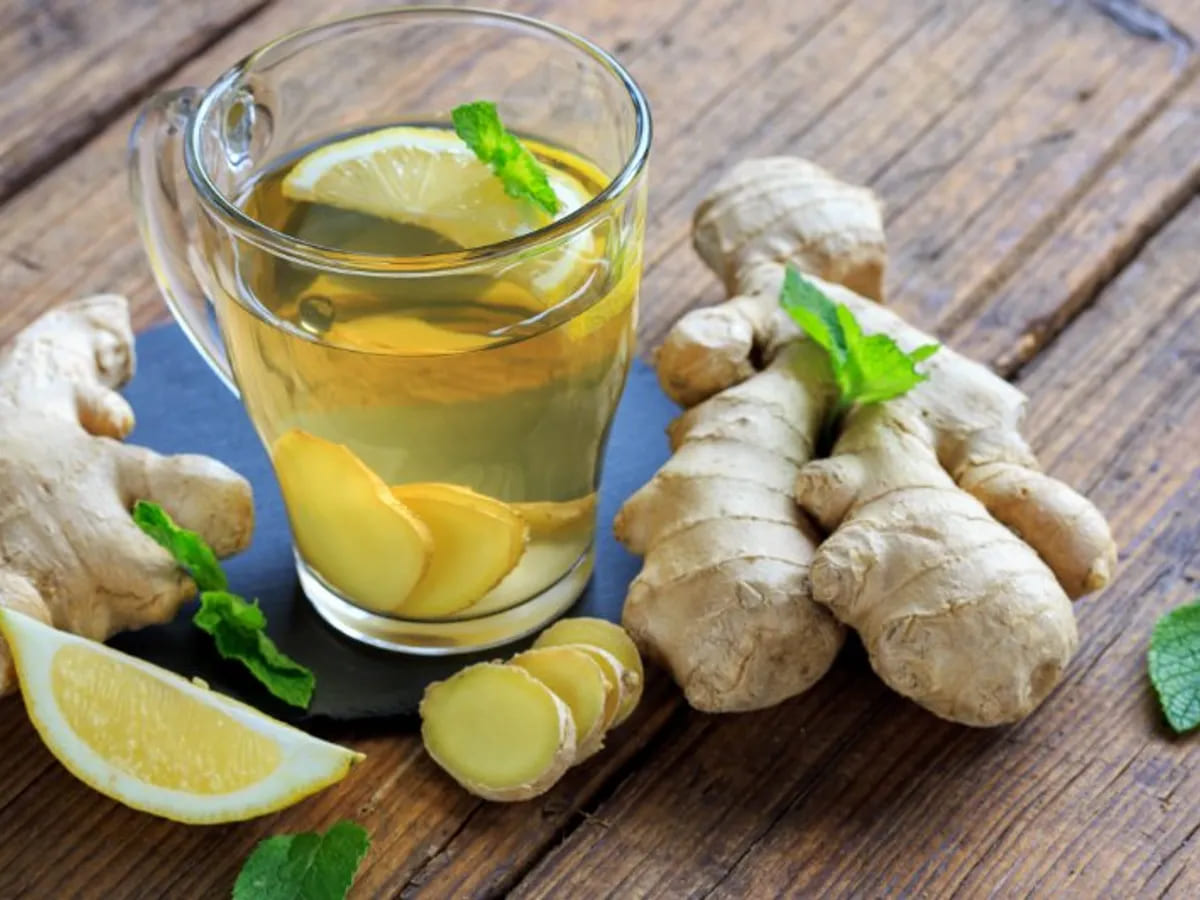
4. Garlic: Nature’s Antibiotic
Garlic contains compounds that have antiviral, antibacterial, and immune-boosting properties, making it a powerful natural antibiotic. It can help fight infections and boost the immune system. Consuming raw garlic or adding it to soups and teas can help strengthen the body’s defenses against infections.
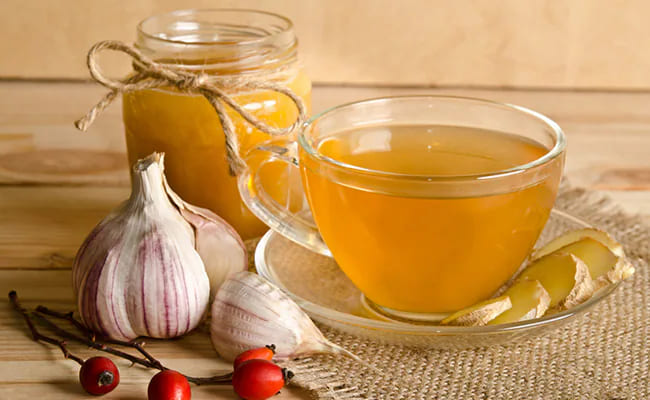
5. Peppermint to Soothe Coughs and Congestion
Peppermint contains menthol, which acts as a natural decongestant that effectively eases congestion and soothes coughs. Drinking peppermint tea or inhaling peppermint steam can provide relief from congestion and irritated throats. Furthermore, peppermint’s antiviral and antibacterial properties promote overall respiratory health.
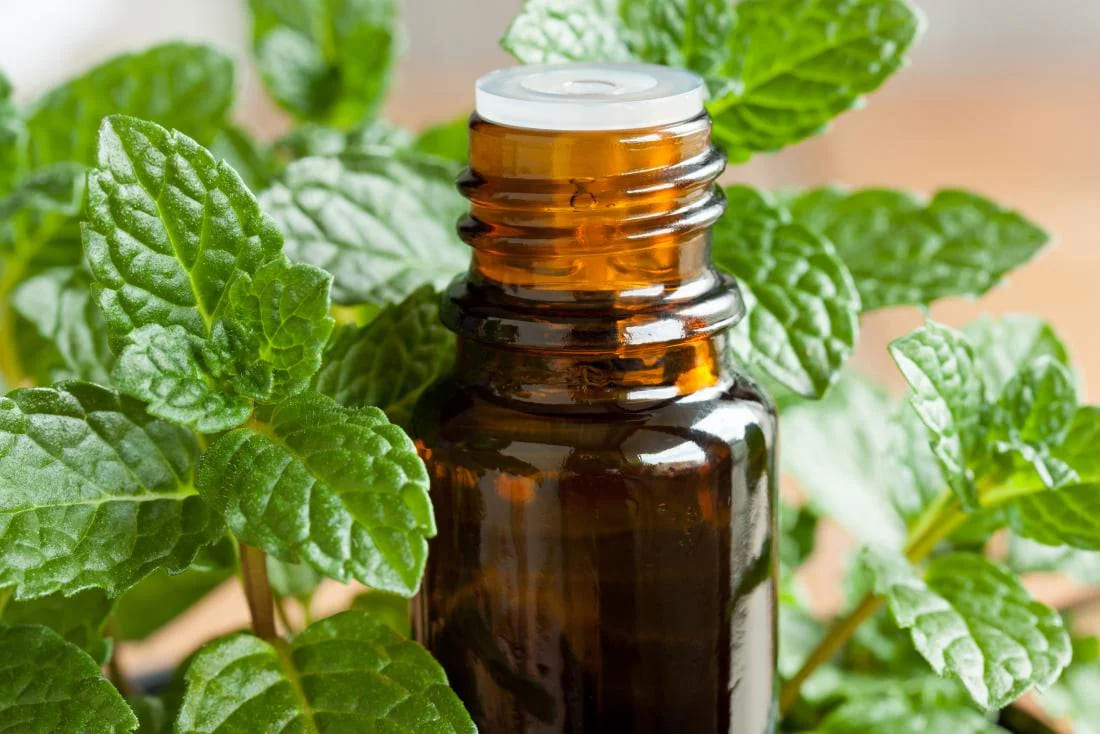
6. Chamomile for Rest and Relaxation
Chamomile is distinguished by its calming properties, which can be beneficial when dealing with colds and flu. Drinking a cup of warm chamomile tea can help reduce fever, relieve congestion, and promote restful sleep which is essential for a speedy recovery.
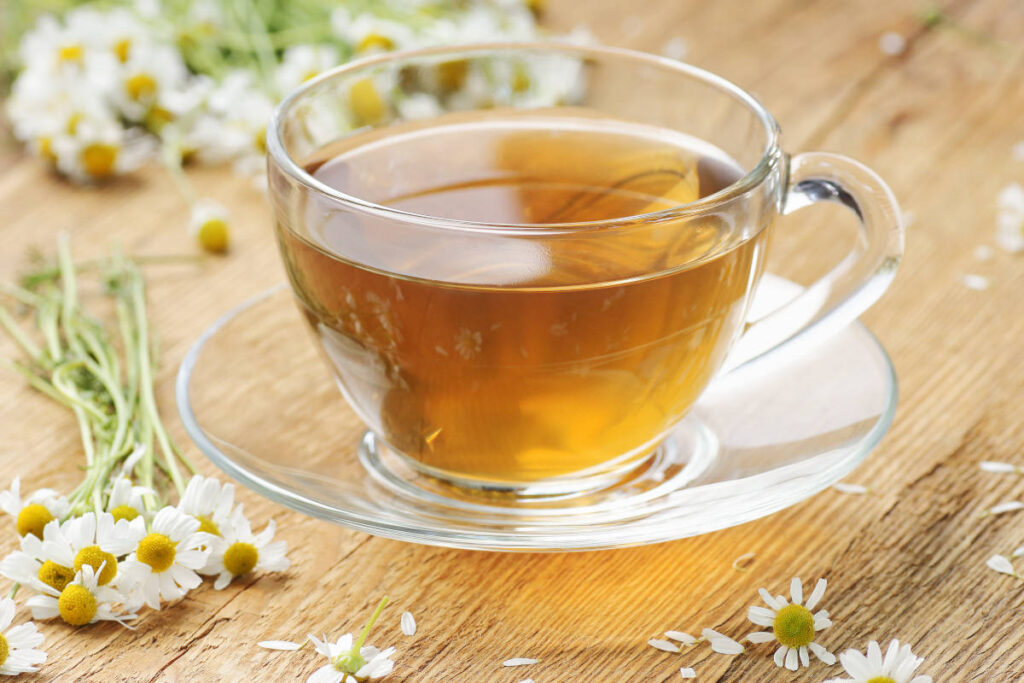
7. Andrographis to Shorten Cold Duration
Andrographis has been used in traditional Chinese and Indian medicine for centuries. This lesser-known herb is packed with immune-boosting and anti-inflammatory properties, potentially reducing cold symptoms and duration.
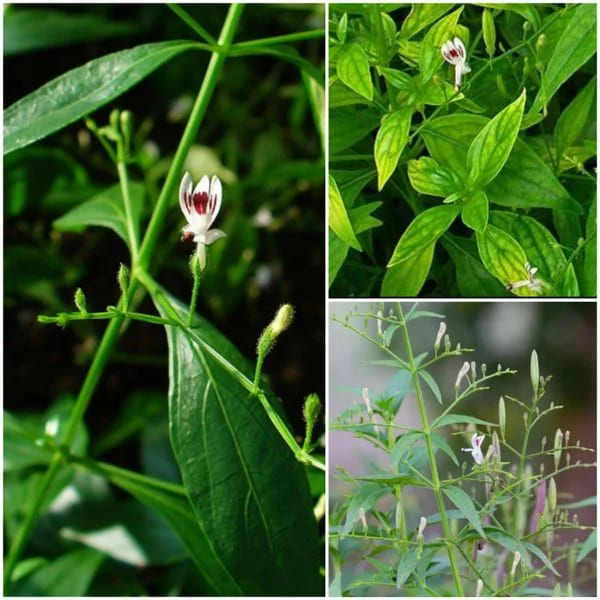
8. Cinnamon for Warmth and Digestive Support
Cinnamon is valued for its antiviral properties, which support digestion and keep the whole body warm. Drinking a cup of warm cinnamon tea can be a soothing way to warm up and promote overall well-being.
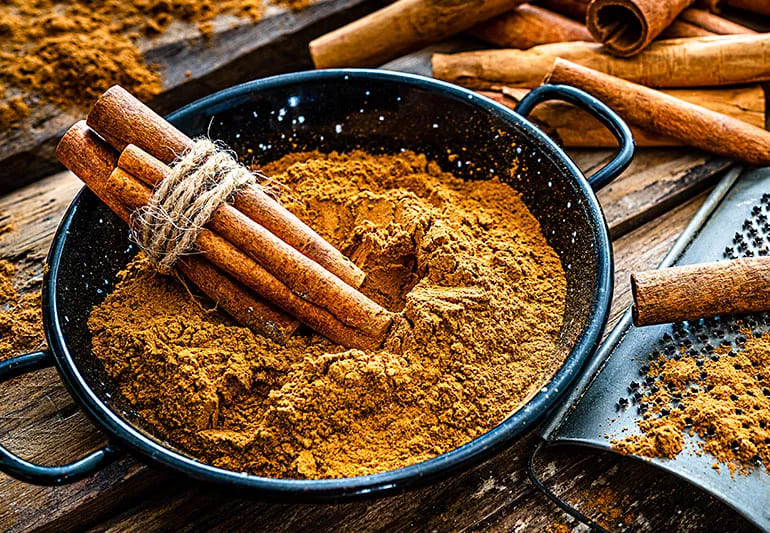
9. Honey and Lemon: A Classic Soothing Combination
While not an herb, honey and lemon are widely used in natural cold remedies. Rich in antimicrobial properties, honey can help soothe a sore throat and suppress coughing. Meanwhile, lemon’s vitamin C supports the immune system. A warm cup of honey and lemon tea is a simple yet effective remedy for cold symptoms.
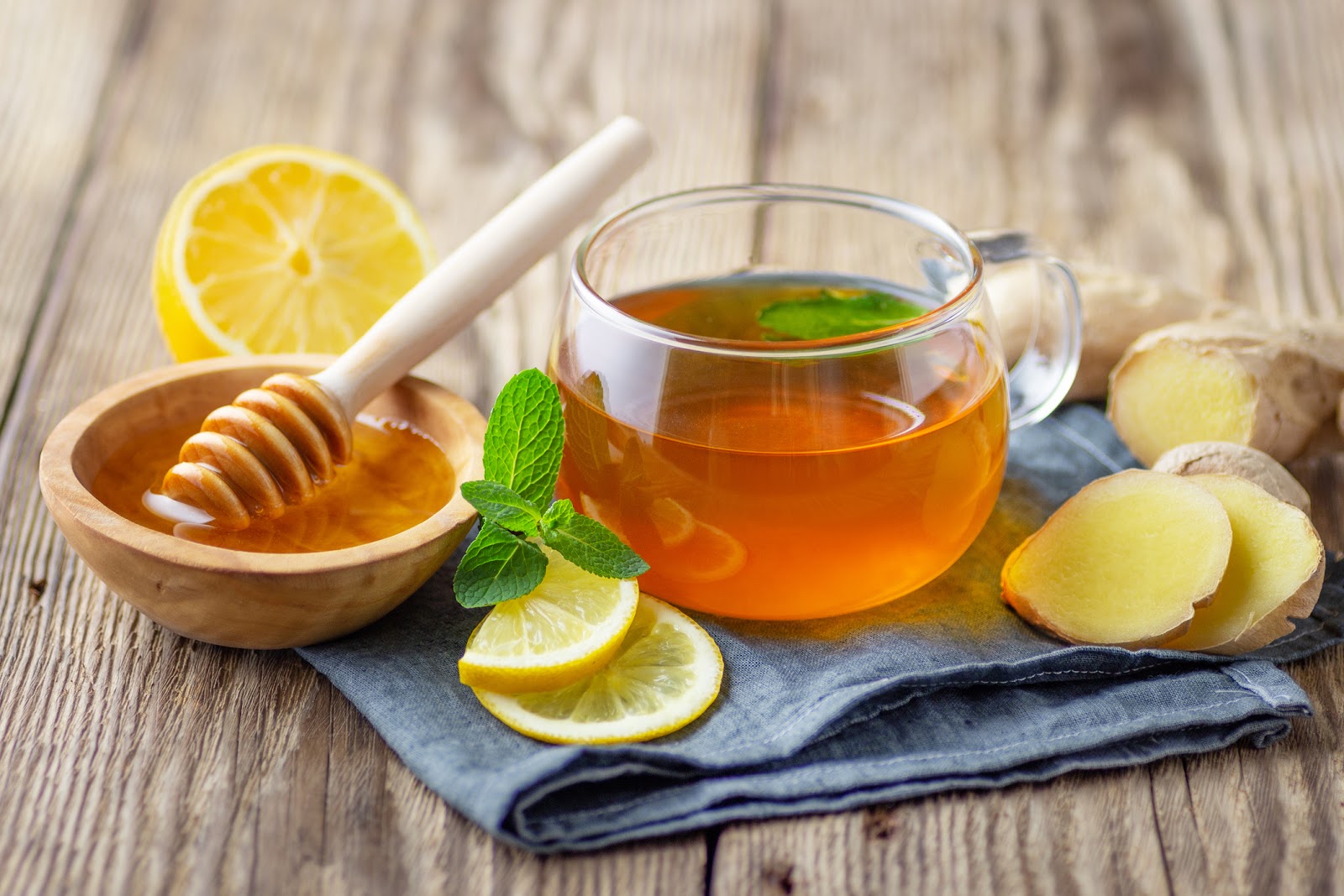
How to Use Herbal Remedies
1. Herbal Teas and Infusions
Drinking herbal teas is a simple yet effective way to benefit from medicinal herbs. For example, chamomile tea can promote rest and recovery, while ginger and honey tea can help with sore throats and congestion.
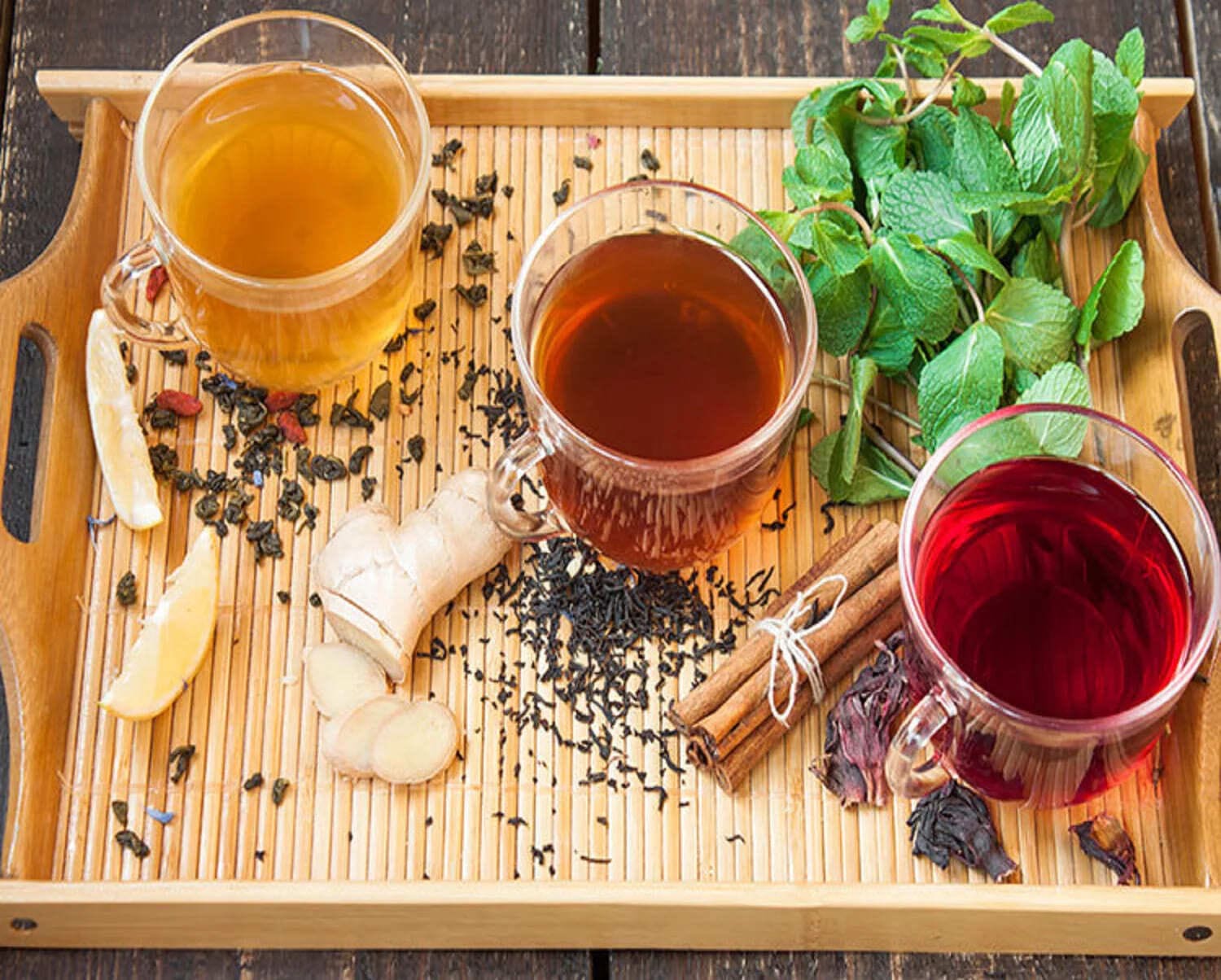
2. Steam Inhalation with Essential Oils
Steam inhalation made with eucalyptus, peppermint, or thyme essential oil can help clear nasal passages and relieve congestion. To provide quick relief, you can add a few drops of essential oil to a bowl of hot water and inhale the steam.

3. Herbal Syrups and Tinctures
Elderberry syrup is a popular remedy for reducing cold and flu symptoms. You can make this potent natural syrup at home by simmering elderberries with honey and spices.
4. Topical Applications and Compresses
Herbal balms using menthol, eucalyptus, or camphor can be applied to the chest and throat to ease congestion.
Precautions
While herbal remedies can offer significant benefits, it is important to be aware of potential side effects and interactions with medications
1. Herbal remedies are not a replacement for conventional medical treatment.
2. Always use high-quality, organic herbs to ensure purity and effectiveness.
3. Pregnant women, young children, or individuals with certain health conditions should consult a healthcare professional before using herbal remedies.
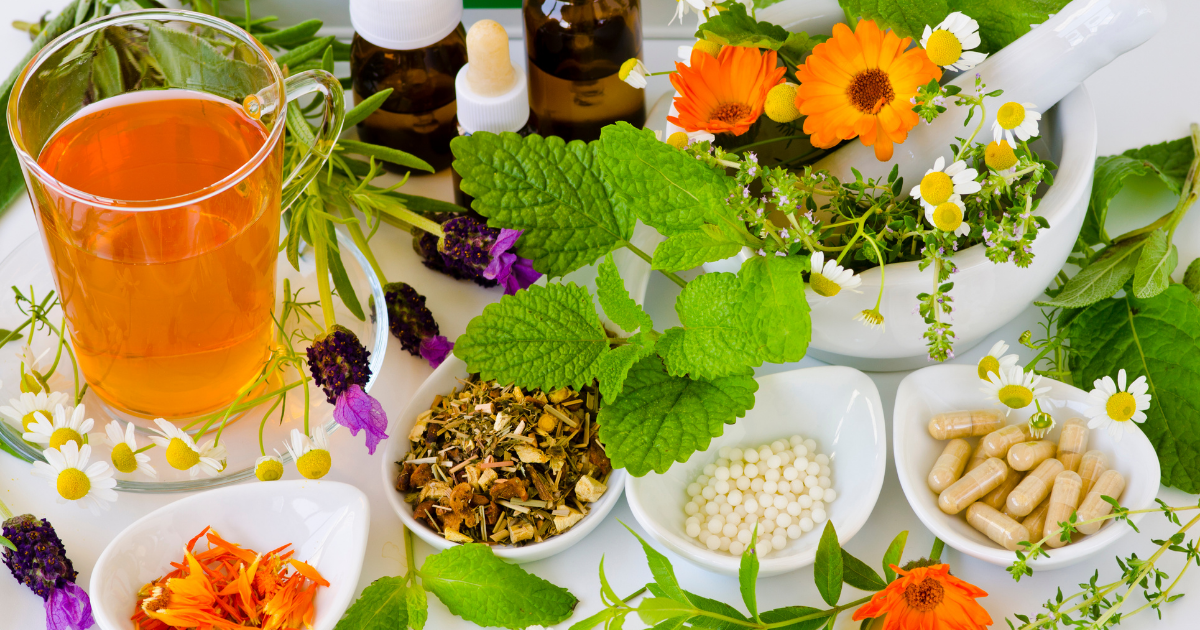
Conclusion
Herbal remedies offer a natural and effective way to relieve cold and flu symptoms while supporting overall immune health. However, it’s essential to use them responsibly and consult with a healthcare provider for personalized advice.
Remember: If your symptoms persist or worsen, seek medical advice to ensure proper care and recovery.








